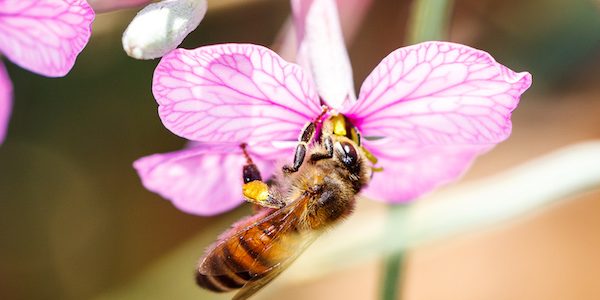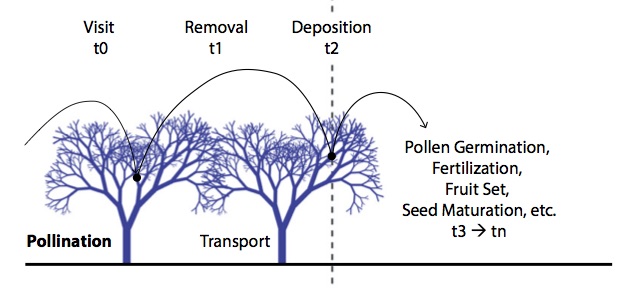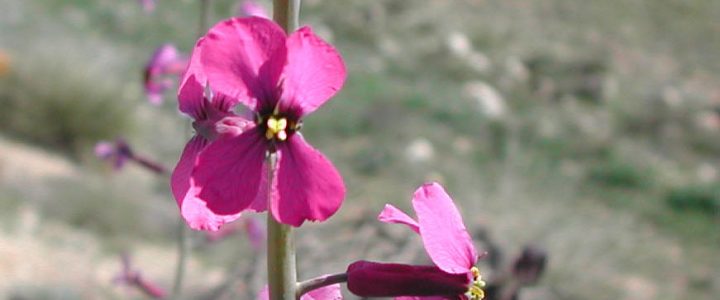We present in this paper a molecular phylogeny of the genus Moricandia (Brassicaceae). We have found that a Spanish population previously ascribed to Rytidocarpus moricandioides is indeed a Moricandia species, and we propose to name it as M. rytidocarpoides sp. nov. In addition, M. foleyi appeared outside the Moricandia lineage but within the genus Eruca. Therefore, M. foleyi should be excluded from the genus Moricandia and be ascribed to the genus Eruca. Read more
Molecular phylogeny and evolutionary history of Moricandia DC (Brassicaceae)



